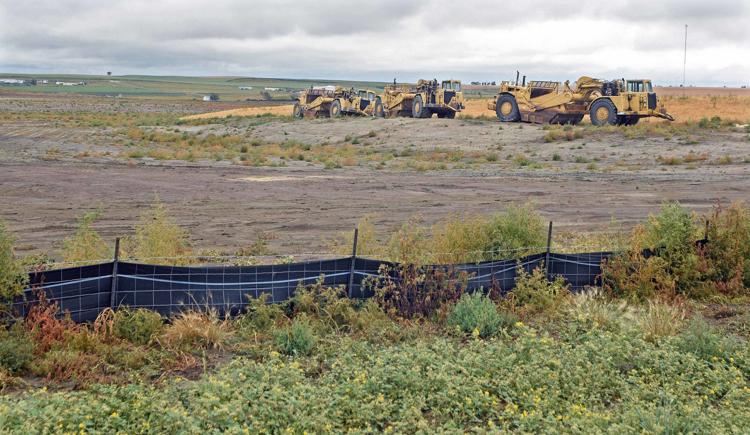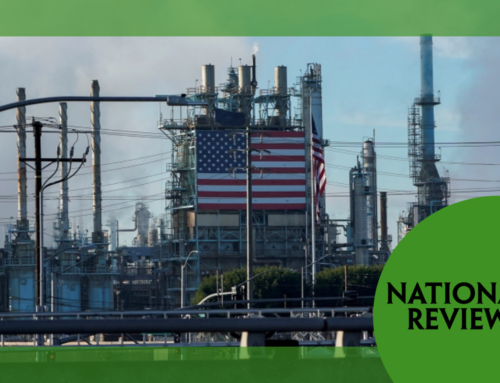The dispute over an oil refinery planned near Theodore Roosevelt National Park played out in front of the North Dakota Supreme Court on Tuesday, with justices hearing the first of two legal challenges to the project.
The lawsuit brought by the National Parks Conservation Association centers around concerns about the way the state will regulate emissions from the Davis Refinery under a permit issued last year by the Department of Health.
That permit “lacks legally required conditions and safeguards that would protect the park and its visitors from air pollution,” said JJ England, an attorney for the association.
The group sued over the project, naming project developer Meridian Energy Group a defendant, as well as the Department of Environmental Quality, an agency created from a health department section that now oversees air quality permitting in North Dakota.
The state maintains that the permit it issued does adequately control emissions, in part by requiring a leak detection system that will involve using an optical imaging camera to detect leaks of gases known as volatile organic compounds that are invisible to the naked eye. Margaret Olson, an attorney representing Environmental Quality, said the company will use the camera in conjunction with a handheld device to measure the quantity of those leaks.
She said the department also is requiring monitors at the perimeter of the facility to detect benzene, which is an organic compound.
“This is really the industry gold standard to have this kind of program,” she said.
But the parks conservation association says the permit lacks a cap on another class of emissions called hazardous air pollutants, and it does not spell out a way to enforce such a limit.
The state estimates that, with proper emissions controls in place, the refinery would release 12 tons per year of such pollutants.
“There’s nothing in the permit that would allow the public or DEQ to ensure that that number is being actually complied with,” England said.
Olson responded that most hazardous air pollutants emitted from the refinery are also considered volatile organic compounds, and the permit does impose limits and monitoring requirements on the compounds.
“That’s why the department didn’t need to include permit conditions specifically addressing hazardous pollutants,” she said.
The state issued a permit for the refinery in June 2018, and ground work began that summer at the construction site in Billings County. A district court judge upheld the permit in January 2019.
In its appeal to the state Supreme Court, the conservation association is asking justices to revoke the permit and send the matter back to Environmental Quality to amend the permit.
Tuesday’s oral arguments come a week before a second legal challenge to the refinery is heard before the Supreme Court.
A pair of environmental groups are suing Meridian and the North Dakota Public Service Commission over issues surrounding the site of the refinery. Oral arguments in that case will be heard next Tuesday.
By Amy R. Sisk
Source: Bismarck Tribune







Leave A Comment